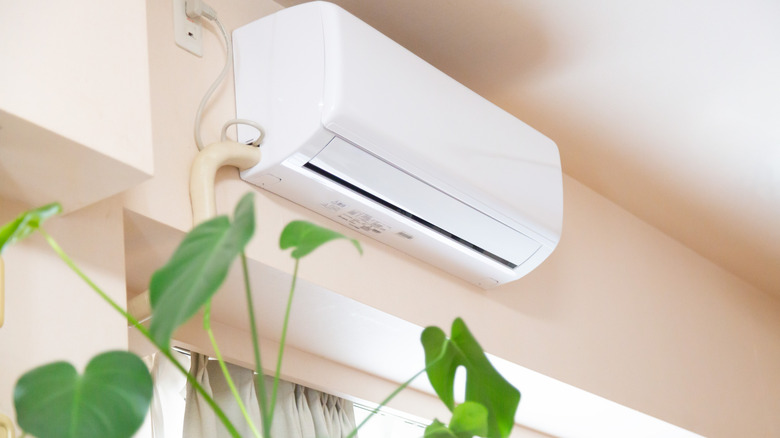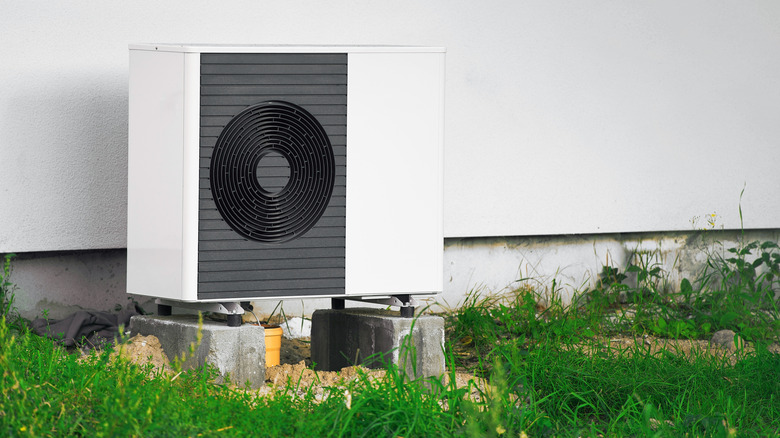Say Goodbye To Traditional HVAC Systems: This Eco-Friendly Trend Is Taking Over In 2026
If you're still running a gas furnace in winter and an air conditioner in summer, it might be time to rethink. Eco-friendly alternatives are becoming more popular, and one trend that is set to take the market by storm in 2026 is the geothermal heat pump.
Traditional HVAC setups aren't very practical. To begin with, they're costly to operate. Gas furnaces, for example, can waste up to 20% of the fuel you pay for. This is a real problem considering that gas prices are on the rise. To put things into perspective, a gas furnace generates roughly one unit of heat per unit of gas it burns, whereas a geothermal system generates five units of heat for every unit of electricity it consumes. HVAC systems also require more frequent maintenance to maintain optimal conditions. Compared to geothermal systems, they have shorter lifespans, which means you may end up having to replace your air conditioner or gas furnace sooner than you may expect. Another issue is that traditional HVAC systems tend to be noisy.
The main problem, however, is that HVAC setups are simply not environmentally friendly. Air conditioners emit greenhouse gases while gas furnaces release carbon dioxide, carbon monoxide, and nitrogen oxides, all of which cause air pollution and increase your carbon footprint. This makes HVAC systems less energy efficient compared to new alternatives, especially when outdoor temperatures hit extremes. To make matters worse, they become increasingly less efficient after a couple of decades, meaning more cost and wasted energy.
2026 is all about geothermal heat pumps
Designed as an eco-friendly alternative to traditional heating and cooling systems, geothermal heat pumps are gaining traction in the market. They essentially exchange heat between the earth and your home using a ground loop, a network of underground pipes that circulate a heat-absorbent liquid. In winter, the fluid absorbs warmth from the ground and brings it into your home. In summer, it pulls heat out of your home and releases it into the ground. This works because the ground temperature at a certain depth is relatively the same year-round.
Geothermal heat pumps stand out for their energy efficiency. They use far less electricity and can minimize heating and cooling costs. Plus, the fact that geothermal pumps rely on the earth's renewable heat instead of combustion makes them cleaner and more eco-friendly than traditional HVAC systems. Another advantage of geothermal setups is that they're much quieter, since there's no loud outdoor compressor. Most of the system sits underground or inside the home, creating a more peaceful living space. Geothermal systems are also quite durable. Heat pump units can last around 20 years, and the underground loops often exceed 50 years without much maintenance.
There are a couple of factors to account for, however. Geothermal pumps cost twice as much as HVAC systems to install, and you'll need at least 500 feet of trench. But if you don't mind the upfront cost and you have enough land, a geothermal system is worth the investment — especially if your gas furnace or air conditioner is getting too old.

